

The conference will be organized by LCT.
The Laboratory for Chemical Technology (LCT) is one of the few research centers that can claim to fully cover the chemical engineering research field from molecule to chemical plant.
The research is focused on the design of new and the optimization of existing industrial processes in the field of transport fuels, energy carriers and functional materials.
New feedstocks, e.g. renewables, new processes, e.g. controlled radical polymerization and vortex reactor technology, and new functional materials, e.g. nanostructured polymers and catalysts are aimed at.
For more info please visit the LCT website: https://www.lct.ugent.be/
Chairmen
prof. dr. Joris Thybaut
prof. dr. Kevin Van Geem
prof. dr. Mark Saeys
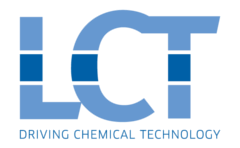
prof. dr. Jeriffa De Clercq - Ghent University
prof. dr. An Verberckmoes - Ghent University
prof. dr. Patrice Perreault - Univeristy of Antwerp
prof. dr. Bert Sels - KU Leuven
dr. Ekaterina Makshina - KU Leuven
Chairman: prof. dr. Claude De Bellefon - CPE Lyon
Co-Chairman: prof. dr. Faïçal Larachi - Laval University
| | prof. Jesus Santamaria - Universidad de Zaragoza | Can heterogeneous catalysis change the way we treat cancer? |
| |
prof. Louise Olsson - Chalmers | The importance of catalysis for future biorefineries. |
| |
prof. Enrico Tronconi - Politecnico di Milano | Advancing Catalytic Processes for the Energy Transition: Joule-Heated Structured Reactors as a Key Solution for Decarbonization and Intensification. |
| Jan Kopyscinski | McGill University | CO2 capture and utilization: From catalyst development and kinetic assessment to reactor design |
| Sebastien Leveneur | INSA Rouen | From kinetic model to process simulation: production of levulinate |
| Pedro Castano | KAUST | Multifunctional fluidized bed reactors: overview and case studies |
| Josephine Hill | The University of Calgary | Solid Acid Catalysts for Esterification Reactions – Challenges with Stability of Acid Sites |
| Patrice Perreault | Universiteit Antwerpen | The Urgent Energy-Efficient Transition Towards an Electrified Chemical Sector for Reduced CO2 Emissions |
| Leen Braeken | KULeuven | Process intensification: The potential and challenges of acoustic droplet based reactor systems |
| Ezgi Toraman | Penn State | Catalysis for chemical recycling of mixed plastics |
| Regina Palkowits | RWTH Aachen University | Heterogeneous Catalysis as Key Technology for Circular Economy – A Spotlight on Renewable Feedstocks and Hydrogen |
| Leon Lefferts | University of Twente | The complexity of kinetics of plasma-catalytic reactions |
The first CAMURE (Catalysis in Multiphase Reactors) meeting was launched in 1994 (Lyon-France), followed by other venues in Toulouse (France )1998, Naples (Italy) 2000, Lausanne (Switzerland) 2002, Portorose (Slovenia) 2005. In 2005, in correspondence of the Symposium held in Portorose CAMURE was merged with ISMR (International Symposium on Multifunctional Reactors). The previous ISMR meetings were taken at Amsterdam (The Netherland) 1999, Nuremberg (Germany) 2001, Bath (United Kingdom) 2003. After 2005 the two merged symposia were held at Pune (India) 2007, Montreal (Canada) 2009, Naantali (Finland) 2011, again Lyon 2014, Quindao (China) 2017 and an online symposium in 2021 (Milano, Italy). The reason of merging the two symposia was the idea that enlarging the platform of discussion on respectively multiphase catalytic systems and multifunctional reactors can produce a positive synergetic effect in both the fields. CAMURE and ISMR joined Symposia offer an international interdisciplinary forum for exchanging information about the progress achieved in the world on: catalysis in multiphase reactors and on the behavior of multifunctional reactors considering in particular the importance of: catalytic action, chemical kinetics, heat and mass transfer and hydrodynamics in reactor modeling. These topics have been gradually enriched considering many other different aspects such as: process intensification, catalysts design, membrane reactors, bioreactors, bio catalysis and sustainable chemical processes with the scope to favor the interdisciplinary scientific and technological approach to all the mentioned topics. The International Scientific Committee (ISC) is composed of well reputed scientists operating in the field and active in the symposium organization. After the symposium held in China (2017) the ISC is coordinated by two elected chairmen that are Prof. Claude De Bellefon (France) and Faiçal Larachi (Canada).
All relevant topics related to multiphase and multifunctional reactors are obviously included but contributions concerning the topics below will be hosted in the program:
REGULAR SESSIONS |
THEMATIC SESSIONS |
TOPIC 1 - Catalysis and Kinetics (micro-scale) |
TOPIC 4 - Low carbon technology |
| -What is the structure/nature of the active catalyst under reaction conditions? | -How can novel energy efficient processes be designed ? |
| -How do promotors enhance catalyst activity and selectivity? | -How can CO2 be used for the synthesis of basic chemicals? |
| -Can we develop design rules to control catalyst performance? | -To which extent can CO2 , water, and renewable energy be used for synthetic fuels? |
| -What is the effect of a realistic feedstock on catalyst performance? | -How can direct catalytic conversion of methane (bio-methane) into chemicals and building blocks be realized? |
| -How can we contribute to the development of smartly engineered materials? | |
TOPIC 2 - Reactor design (meso-scale) |
TOPIC 5 - Renewable chemicals |
| -Which shifts in reactor operating conditions will improve the reactor performance? | -How to ensure an adequate rational catalyst design in combination with high-throughput kinetics for renewable feedstock processing? |
| -What are the consequences of the smallest shift in reactor technology on the interplay between chemistry and hydrodynamics? | -How to efficiently deal with key aspects, such as the presence of O-atoms, in the extension of modeling methodologies from conventional to alternative, renewable feeds? |
| -How to develop and validate numerical models to study reactor improvement and design,given costly and time-consuming experimental research? | -What are the critical properties to control the activity and selectivity in liquid phase reactions? |
| -Can we reliably extrapolate laboratory-scale kinetics to commercial scale operation for renewable chemicals? | |
TOPIC 3 - Process development (large-scale) |
TOPIC 6 - Process intensification |
| -How do you scale-up a technology in a sustainable way? | -How can the energy demand of processes be reduced? |
| -How can you transfer data from lab scale to industrial scale and what is the accuracy? | -What alternative energy supply, hydrodynamic lay-out, operational strategy, can be recurred to for reducing the process footprint? |
| -How can product compositions be measured on-line (for complex mixtures) ? | -How can different functionalities (reaction, separation, phase change,…) be integrated into a single unit? |
| -How do we develop simulation tools that give users accurate results within fractions of seconds? | -What does it take to enhance the throughput of a process at the same (or even a reduced) operational cost |
| -How can we characterize complex solids and liquid feedstocks and relate this with detailed models? | -How can electrification of chemical processes result in reduced GHG emissions? |
| -How will plastic waste recycling contribute to circularity? |
CAMURE-12&ISMR-11 will take place in Ghent, city of medieval ages and contemporary development. Ghent offers you a quirky, fascinating cultural cocktail brimming with rich history, culture and a trendy city vibe. Ghent is a chilled-out city where anything goes: a city break on a human scale. Take a look at all the sights in the vibrant city of Ghent. There are so many must-see attractions to visit.
ThagasteThe conference venue will be Thagaste. Thagaste is a unique location in a magnificent monastery where fathers live and work. In addition to a wide choice of event rooms full of character, there are special art treasures, a beautiful courtyard, the historic library and the baroque church with its valuable organs. More info can be found on their website: https://thagaste.be
AccesibilityGhent is located at the intersection of the E17 and E40 and is therefore easily accessible by car and bus. With two train stations in the city and the international airport of Zaventem 'Brussels Airport' less than an hour away, train and plane are certainly an option. The conference venue is located in the historical center of Ghent. It is 2,5 km from the nearest railway station and is accessible by tram or car. There is a parking nearby.
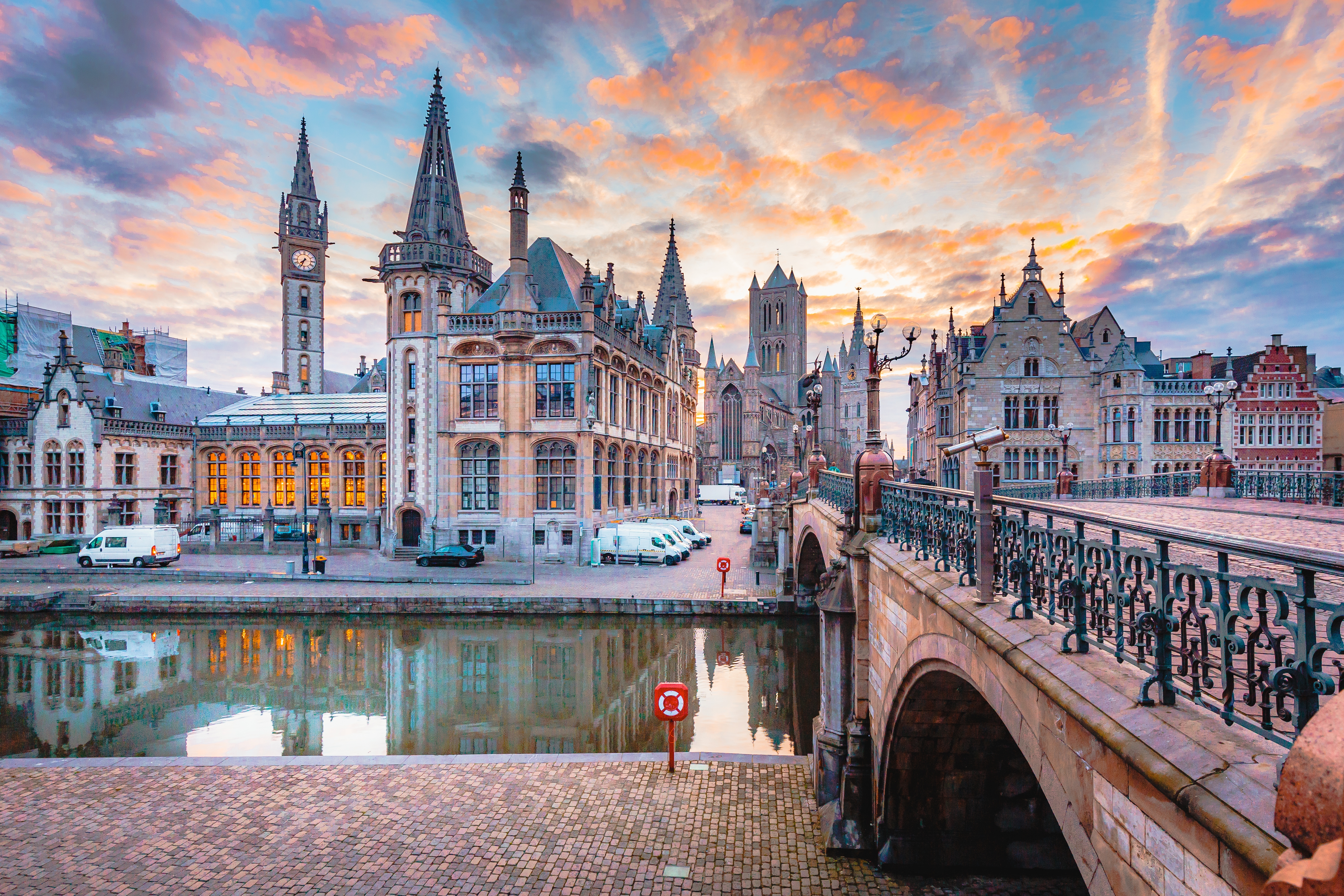
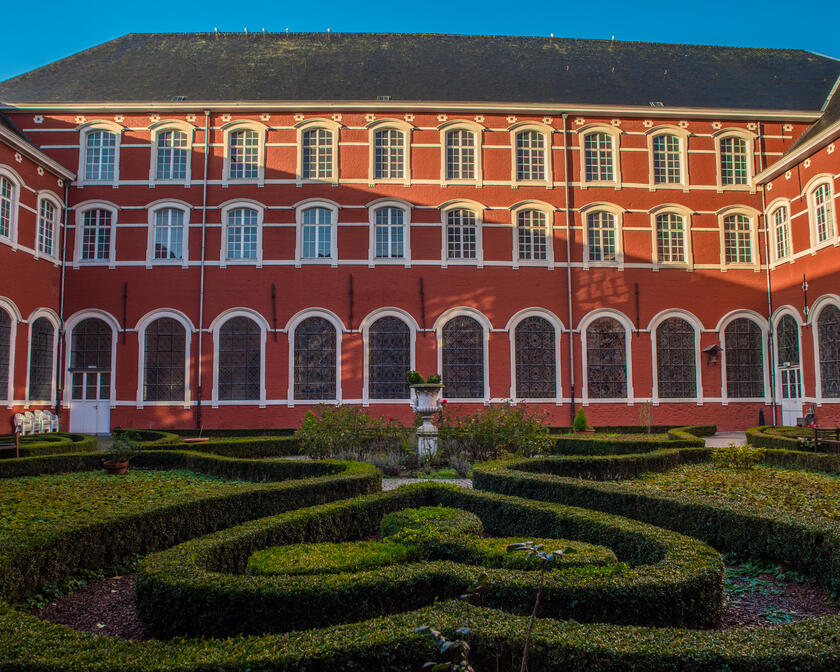
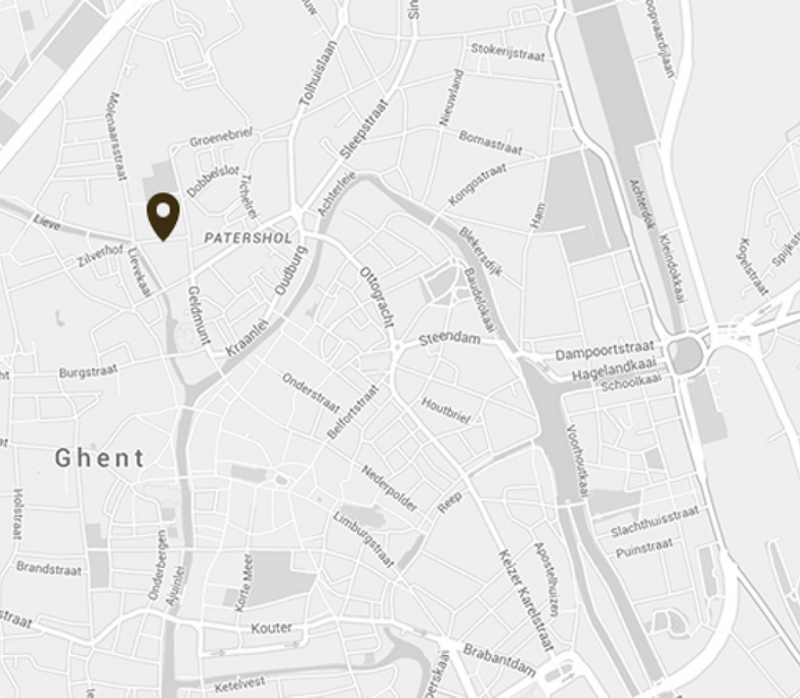
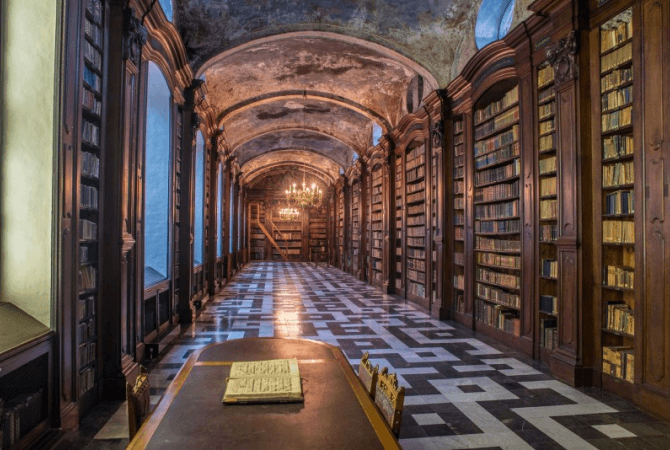
We are pleased to announce that ACS Engineering Au and I&EC Research will feature a special issue dedicated to the CAMURE 12 & ISMR 11 conference. We welcome all presenters and their research teams to submit their work, provided it aligns with the journal's scope and was presented at the conference. The deadline for submission is 31st of December, 2024. Use the links provided in the journal descriptions to submit to the journal of your choice.
Guest Editors
Joris W. Thybaut (Joris.Thybaut@UGent.be),
Kevin M. Van Geem (Kevin.VanGeem@UGent.be),
Mark Saeys (Mark.Saeys@UGent.be)
ACS Engineering Au is an open access journal reporting significant advances in chemical engineering, applied chemistry, and energy, covering fundamentals, processes, and products. The journal's broad scope includes experimental, theoretical, mathematical, computational, chemical, and physical research from academic and industrial settings. For more information and to submit a paper: click here
Industrial & Engineering Chemistry, with variations in title and format, has been published since 1909 by the American Chemical Society. Industrial & Engineering Chemistry is a weekly publication that reports industrial and academic research in the broad fields of applied chemistry and chemical and biomolecular/biochemical engineering. Papers may be based on work that is experimental, computational, or theoretical, mathematical or descriptive, and chemical, physical, or biological. Research that combines multiple approaches (e.g., experimentation with validation by modeling or vice versa) are particularly welcome. For more information and to submit a paper: click here
If you wish to participate to the Sponsorship Programme of CAMURE 12 & ISMR 11, please contact camure.ismr@ugent.be for details.
You can find the sponsor brochure here With the support of
Thank you to our sponsors!
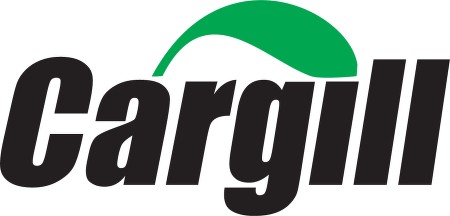
Cargill at a glance
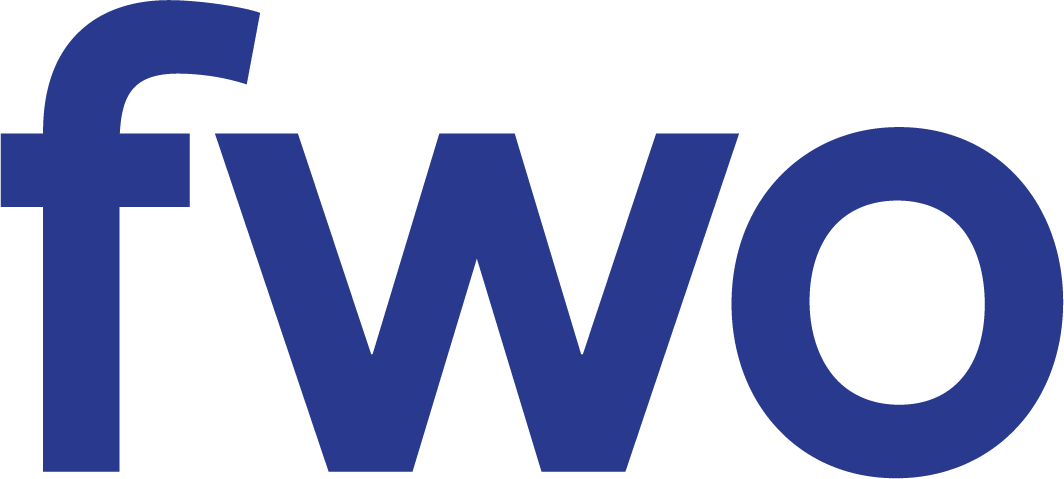
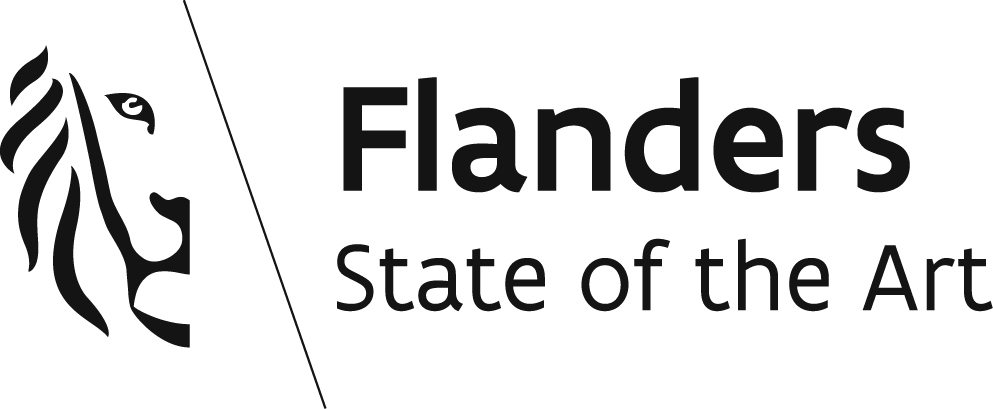
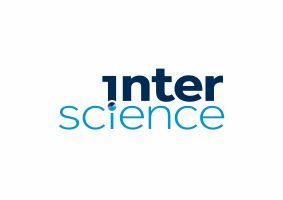
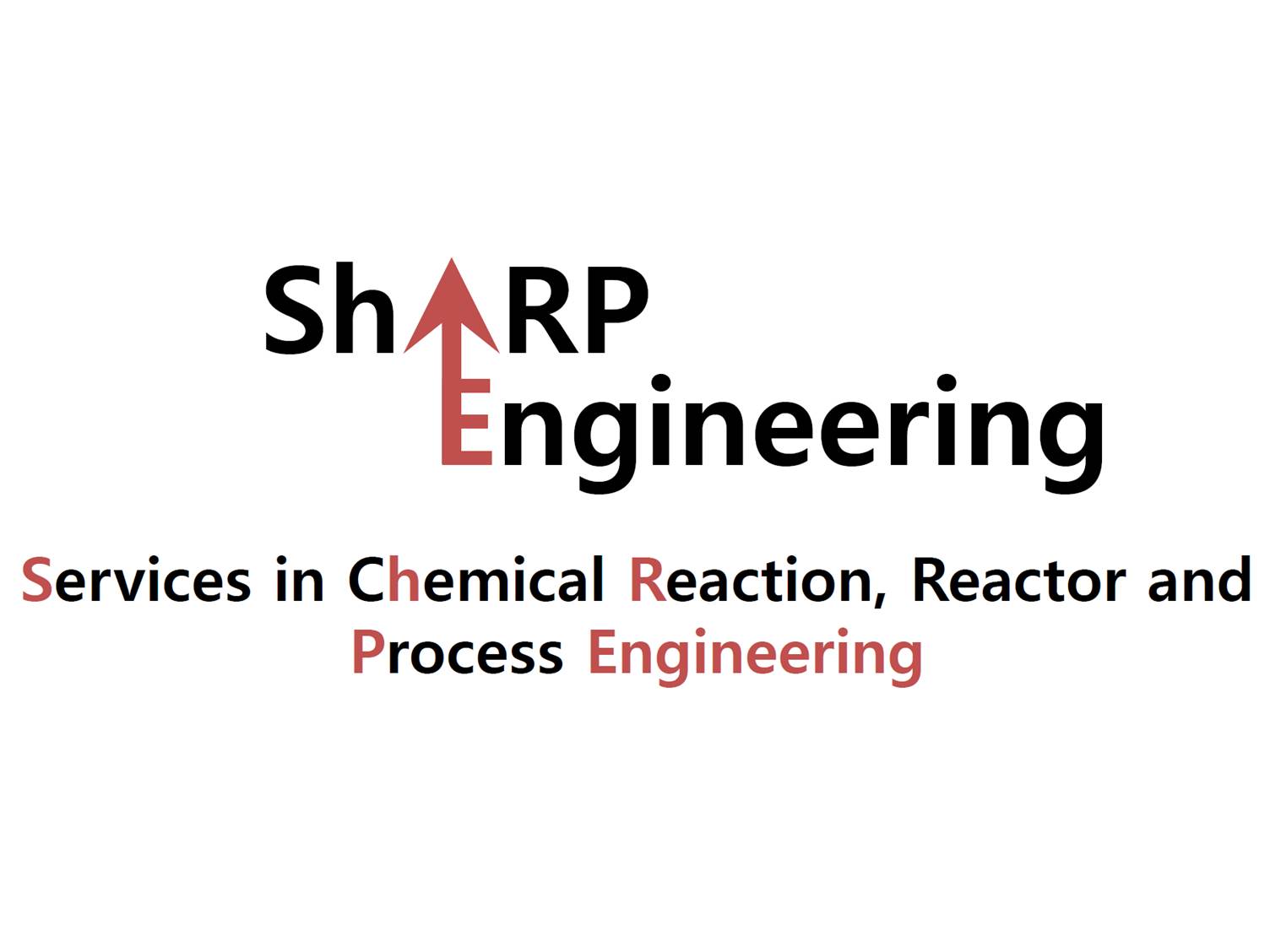
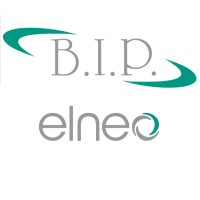
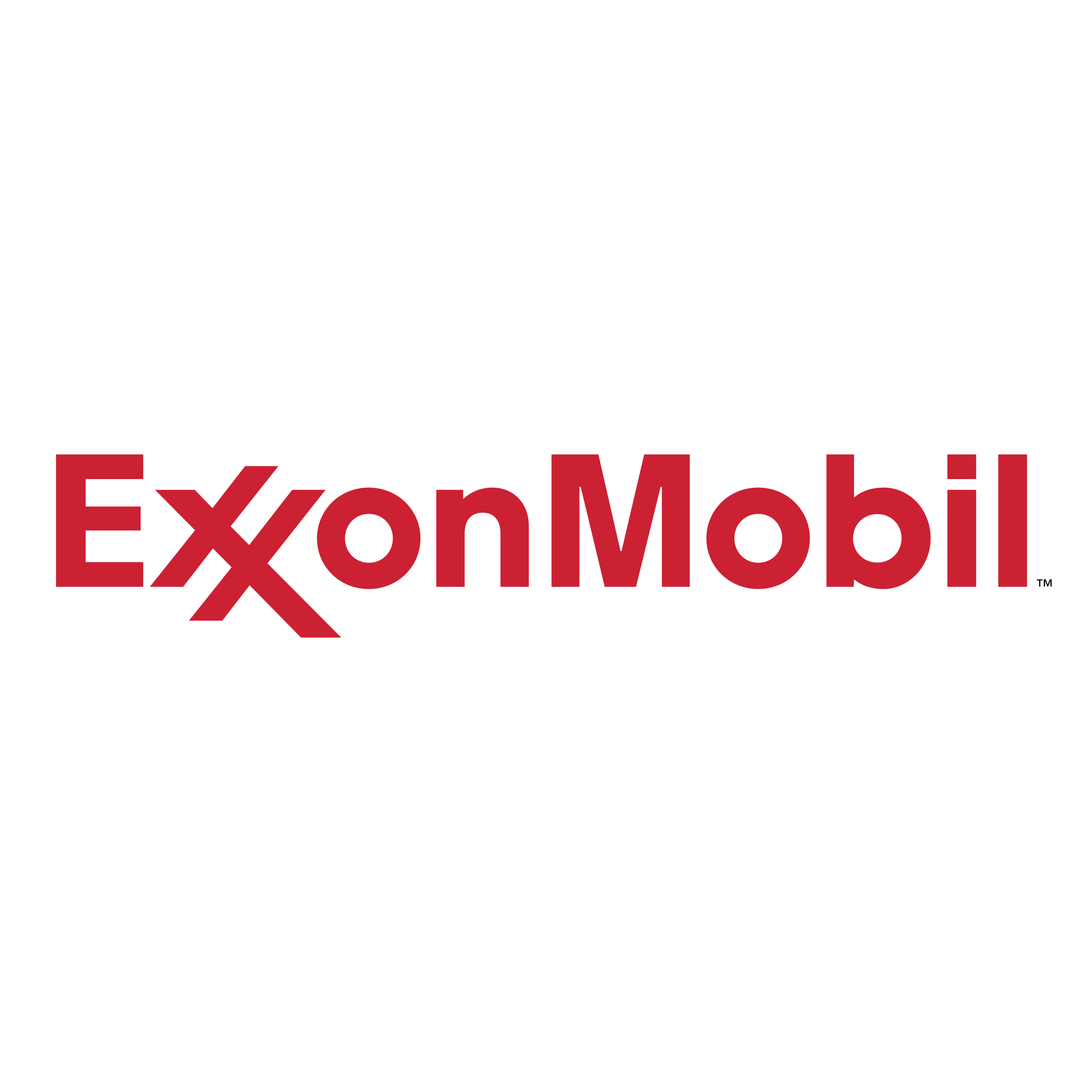
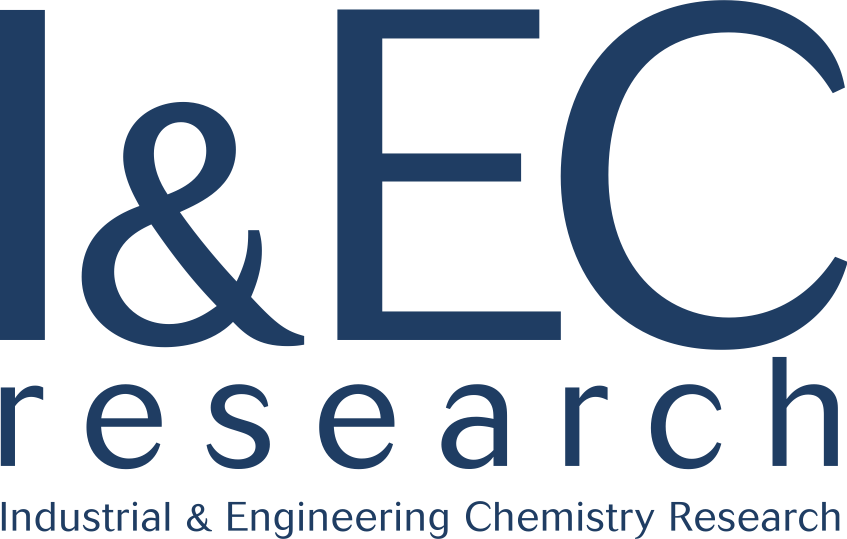
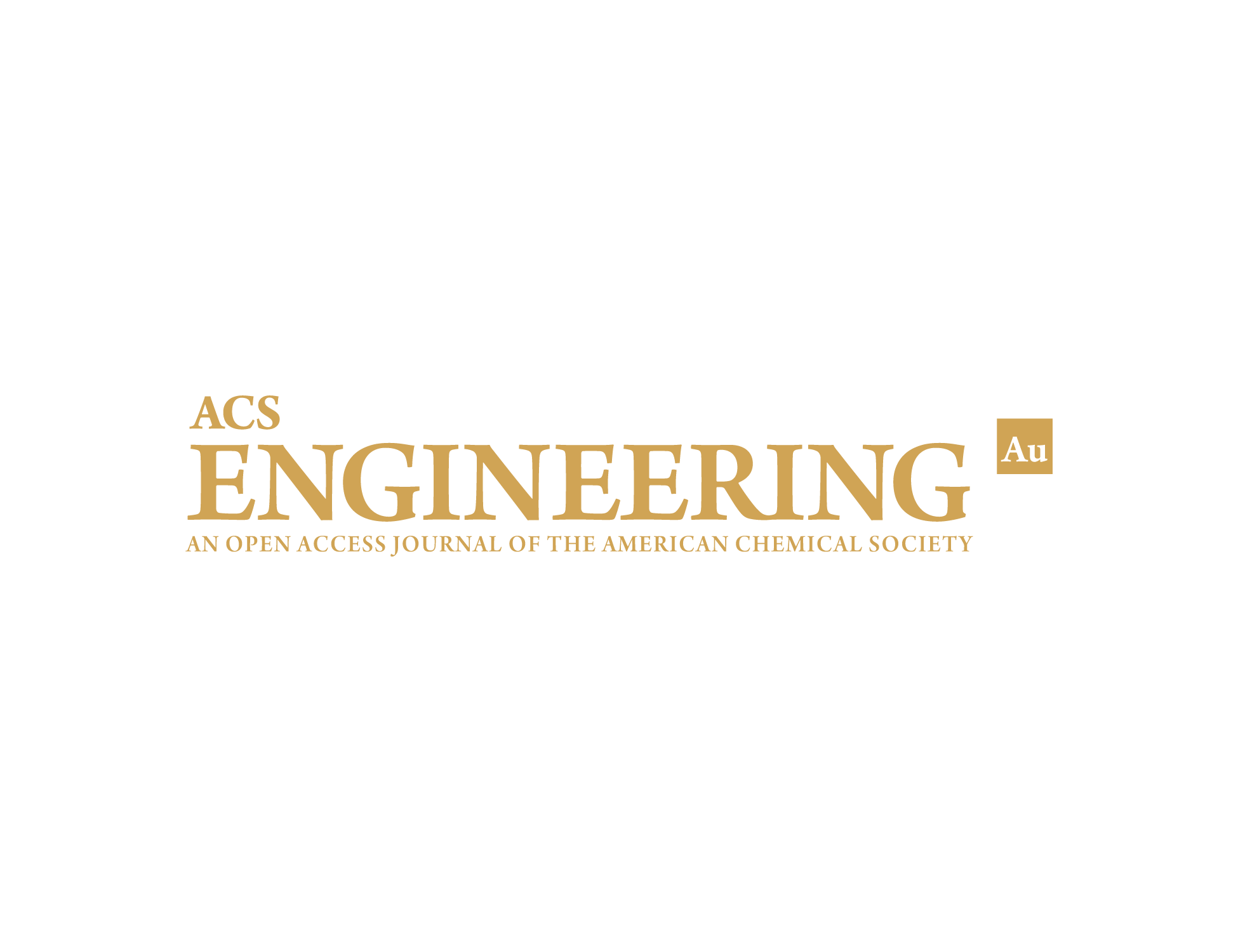
Explore the conference highlights through our photo gallery.
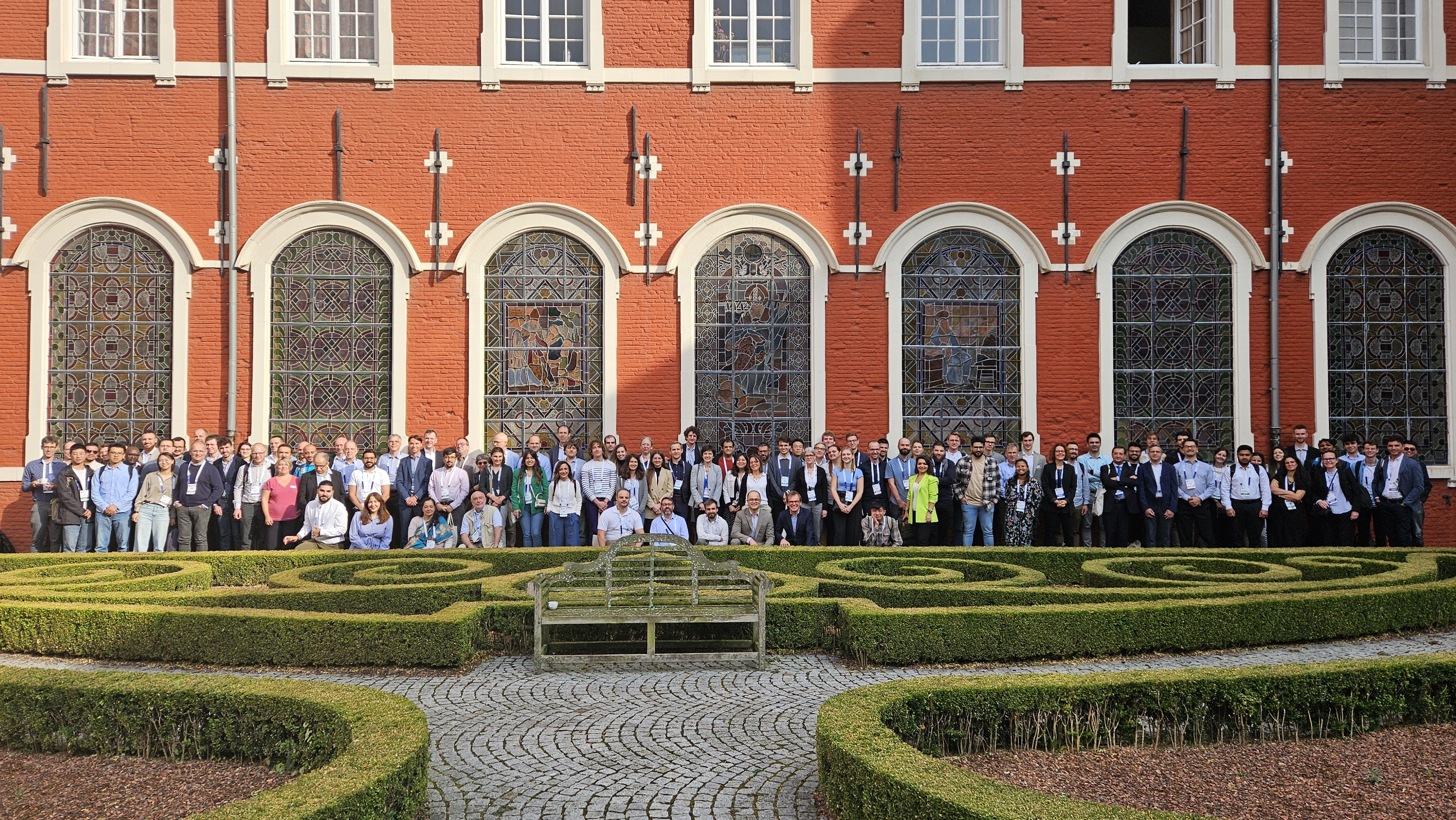
If you have any enquiries about CAMURE 12 & ISMR11, you can contact us by using the form below or by sending a mail directly to camure.ismr@ugent.be